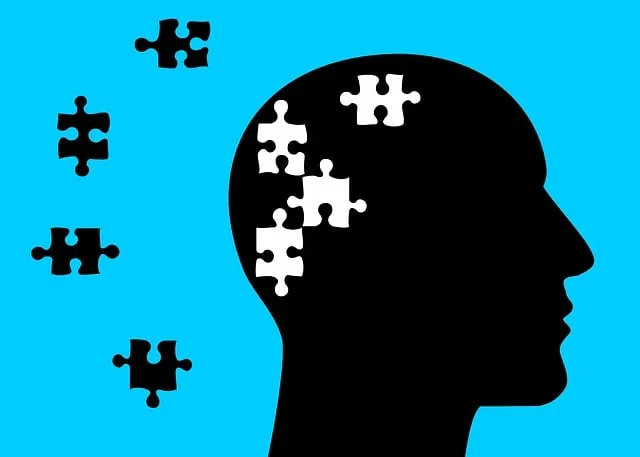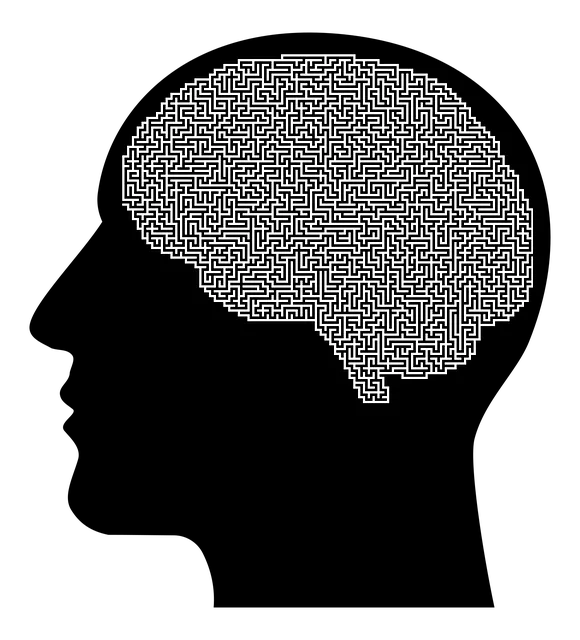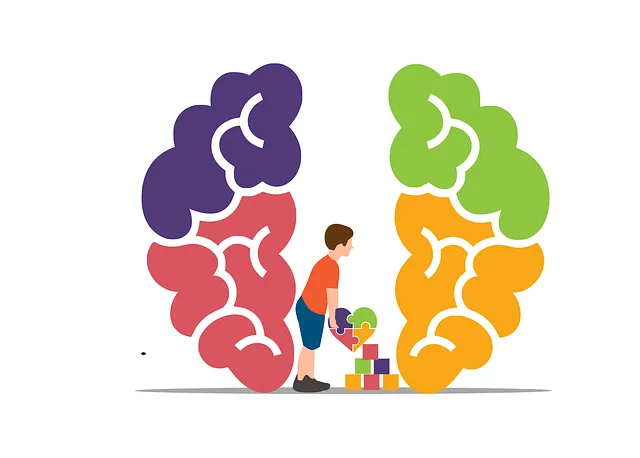Colorado Springs Kaiser Permanente psychiatry leads in addressing diverse mental health needs through tailored education. They gather data, collaborate with local providers, and design programs like Conflict Resolution Techniques and Mood Management, considering cultural norms and socioeconomic factors. Their holistic approach integrates psychiatry into primary care, offers personalized treatments, advocates for policy analysis, and develops engaging curricula focusing on Mind Over Matter principles. By partnering with community organizations, they ensure cultural sensitivity and accessibility. They also evaluate program impact using qualitative and quantitative methods to cater to diverse mental health needs in the community.
In Colorado Springs, mental health awareness and access to quality care remain paramount concerns. This article explores the design of an innovative mental health education program, focusing on community needs assessment and collaborative partnerships with healthcare giants like Kaiser Permanente. By integrating psychiatry services within the comprehensive curriculum, we aim to improve mental wellness in the region, specifically targeting Colorado Springs Kaiser Permanente patients. Through stakeholder engagement and rigorous evaluation, this program strives to measure its impact and contribute significantly to local mental health outcomes.
- Assessing Community Mental Health Needs in Colorado Springs
- Integrating Psychiatry Services at Kaiser Permanente
- Curriculum Development for Comprehensive Education
- Engaging Stakeholders: Collaboration and Partnerships
- Evaluating Impact: Measuring Program Success
Assessing Community Mental Health Needs in Colorado Springs

In Colorado Springs, understanding the mental health landscape is paramount when designing effective educational programs. The community’s needs vary widely, from addressing high rates of depression and anxiety to managing chronic stress and fostering healthy coping mechanisms. Organizations like Kaiser Permanente Psychiatry play a crucial role in this initiative by gathering data and collaborating with local healthcare providers to identify gaps in mental health services. By assessing the unique challenges faced by Colorado Springs residents, such as those related to work-life balance, trauma, or social isolation, educators can tailor programs that resonate deeply with the community.
Focusing on areas like Conflict Resolution Techniques and Mood Management, education initiatives can empower individuals with practical tools for navigating stressful situations. Depression Prevention strategies tailored to local cultural norms and socioeconomic factors can help early intervention and reduce the burden of mental health issues. This localized approach ensures that resources are directed effectively, fostering a healthier and more resilient Colorado Springs community.
Integrating Psychiatry Services at Kaiser Permanente

At Colorado Springs Kaiser Permanente, integrating psychiatry services into their comprehensive healthcare model has been a game-changer in mental health care. This innovative approach recognizes the importance of addressing mental well-being alongside physical health, reflecting a growing understanding within the medical community that mental and physical health are intricately linked. The integration involves dedicated psychiatrists who work collaboratively with primary care providers to ensure patients receive holistic care tailored to their unique needs.
This model facilitates early intervention and continues support for individuals facing various mental health challenges. Social Skills Training, an integral component of the Mental Health Education Programs Design, is offered within this framework to empower patients with coping strategies and enhance their ability to navigate social situations comfortably. Such initiatives complement the Mental Health Policy Analysis and Advocacy efforts, ensuring that patients have access to evidence-based treatments and resources that promote long-term mental well-being.
Curriculum Development for Comprehensive Education

In designing a mental health education program, curriculum development is a critical aspect that ensures comprehensive coverage of essential topics. For instance, at Colorado Springs Kaiser Permanente psychiatry, educators strive to create a well-rounded curriculum that balances theoretical knowledge with practical application. The foundation of such programs should lie in the integration of Mind Over Matter Principles, fostering an understanding of the mind’s power over matter in shaping our emotional and mental state. This holistic approach encourages participants to explore and manage stress as a fundamental aspect of their daily lives.
Furthermore, the curriculum should delve into various aspects of emotional regulation, teaching effective strategies for coping with intense emotions. By combining theoretical learning with interactive sessions, participants can gain valuable insights into managing stress and maintaining emotional balance. This tailored education empowers individuals to take charge of their mental well-being, much like a navigation system guiding one through a labyrinthine mind, ultimately leading to enhanced self-awareness and improved overall mental health.
Engaging Stakeholders: Collaboration and Partnerships

Engaging stakeholders is a vital aspect of designing an effective mental health education program. Collaboration and partnerships are key to creating impactful initiatives that address community needs, especially in diverse settings like Colorado Springs. For instance, a collaboration between Kaiser Permanente psychiatry services and local community organizations can bring together expertise in healthcare and community engagement. This partnership ensures that the Mental Wellness Coaching Programs Development incorporates cultural sensitivity and accessibility, reaching at-risk populations effectively.
By involving stakeholders, the program benefits from varied perspectives, including those from Depression Prevention and Emotional Healing Processes advocates. Such inclusive design fosters a more holistic approach, considering diverse mental health needs within Colorado Springs. This collaborative strategy not only strengthens the program’s reach but also encourages community ownership, ensuring long-term sustainability and positive impacts on the well-being of all residents.
Evaluating Impact: Measuring Program Success

Evaluating the impact of a mental health education program is paramount to understanding its success and identifying areas for improvement. At Colorado Springs Kaiser Permanente psychiatry, measuring program effectiveness involves a multi-faceted approach. By assessing participant satisfaction and feedback, healthcare professionals gain valuable insights into the perceived benefits of the educational initiatives. This includes gauging improvements in coping skills development and trauma support services offered.
Quantitative methods, such as pre-post assessments and surveys, are employed to track changes in mental health outcomes related to anxiety relief. These evaluations provide concrete data on program success, allowing for a comprehensive understanding of its impact on participants’ lives. By combining qualitative and quantitative strategies, Colorado Springs Kaiser Permanente psychiatry ensures that their educational programs meet the diverse needs of those seeking mental health support.
Mental health education programs, as demonstrated through assessing community needs in Colorado Springs and integrating psychiatric services at Kaiser Permanente, should prioritize comprehensive curriculum design. By collaborating with stakeholders across sectors, we can create engaging educational experiences that empower individuals to manage their mental well-being. Continuous evaluation of program impact is crucial to identify areas for improvement, ensuring success in addressing the unique mental health landscape specific to Colorado Springs and similar communities served by institutions like Kaiser Permanente.






